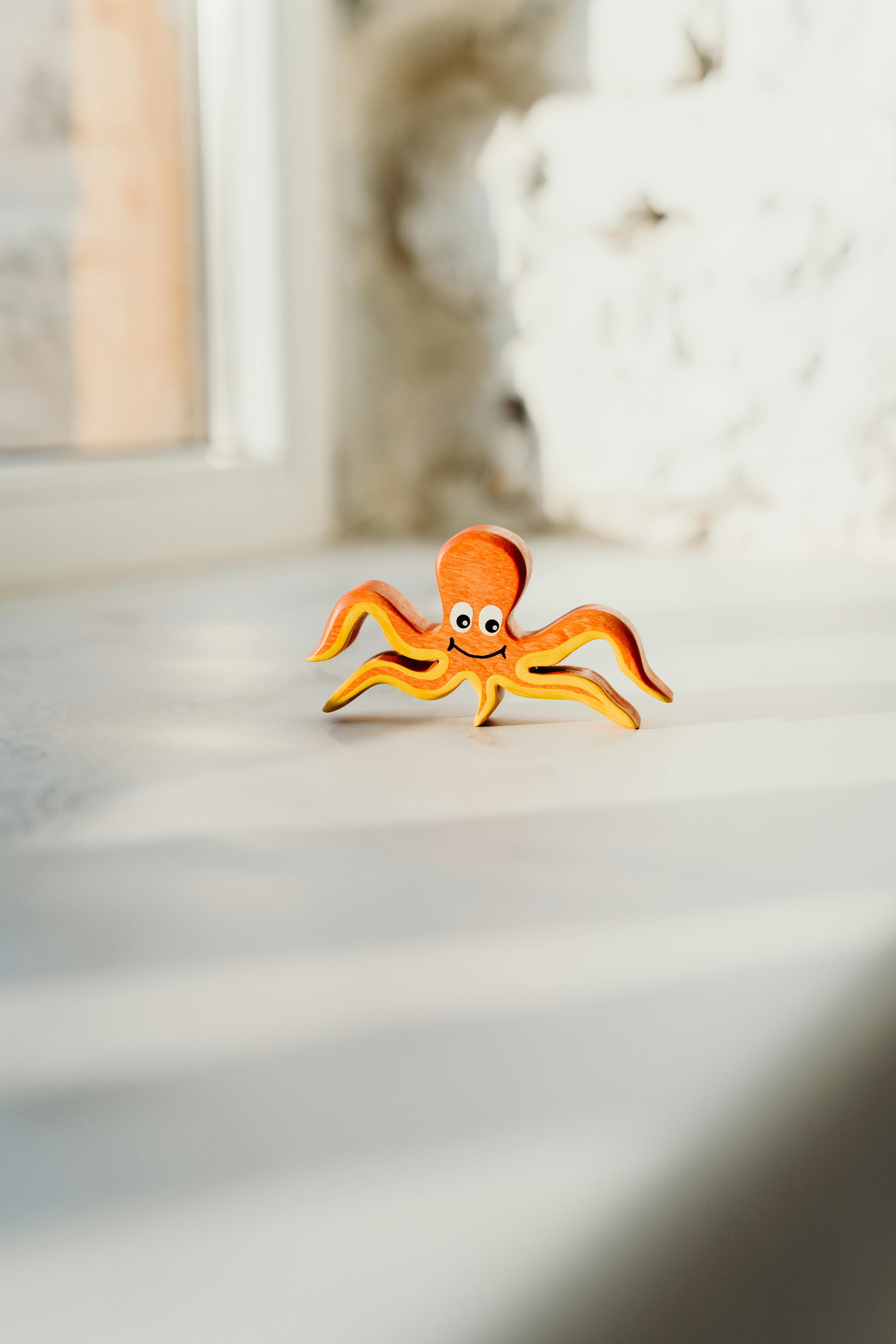"The Remarkable Intelligence of Octopuses: A Deep Dive"
In an underwater world of mystery and intrigue, the octopus stands out as one of the most fascinating creatures. Known for their remarkable intelligence, these cephalopods are capable of complex problem-solving and display behaviors that continue to captivate scientists and animal lovers alike. This article delves into the fascinating world of octopuses, exploring their intelligence, adaptability, and the latest research surrounding their cognitive abilities.

Inside the Mind of an Octopus
Octopuses, part of the cephalopod family, are well-known for their intelligence. From opening jars to escaping enclosures, their problem-solving skills are impressive. These abilities stem from their large brains, which have more neurons than most mammals. Interestingly, two-thirds of an octopus’s neurons are found in its arms, explaining their adept problem-solving skills and the ability to perform multiple tasks simultaneously.
The Octopus’s Adaptive Camouflage
One of the most stunning displays of octopus intelligence is their ability to change their skin color and texture. This adaptive camouflage allows them to blend flawlessly with their surroundings, a skill used both for hunting and evading predators. Recent research suggests that octopuses may actually be colorblind, making their precise color-matching abilities even more extraordinary.
Experiments and Observations in Octopus Intelligence
Scientists continue to explore the cognitive abilities of octopuses through a variety of experiments. Some studies focus on their short-term and long-term memory capabilities, while others investigate their problem-solving skills. Recent experiments have shown that octopuses can distinguish between different shapes and patterns, indicating advanced visual perception. Some octopuses have even shown the ability to learn by observation, a trait typically associated with higher mammals.
The Influence of Octopus Intelligence on Market Products
The intelligence and adaptability of octopuses have influenced various market products, particularly within the field of robotics. Inspired by the octopus’s flexible and dexterous arms, scientists are developing soft robotics – a new trend in the robotics industry. These products are estimated to have a significant market impact, potentially revolutionizing fields like medicine, space exploration, and underwater research.
Octopuses and Animal Conservation
Despite their remarkable abilities, octopuses face threats from pollution, habitat destruction, and overfishing. Conservation efforts are crucial to preserving these extraordinary creatures and their habitats. The intelligence of octopuses also raises ethical questions about their treatment in captivity and their use in scientific research. As our understanding of their cognitive abilities continues to grow, it becomes increasingly clear that octopuses deserve our respect and protection.
In conclusion, the intelligence of octopuses is a testament to the wonders of the animal kingdom. Their problem-solving skills, adaptive camouflage, and influence on technological advancements continue to amaze scientists and animal enthusiasts. As we continue to learn more about these incredible creatures, we are reminded of our responsibility to protect and preserve their habitats for future generations.




